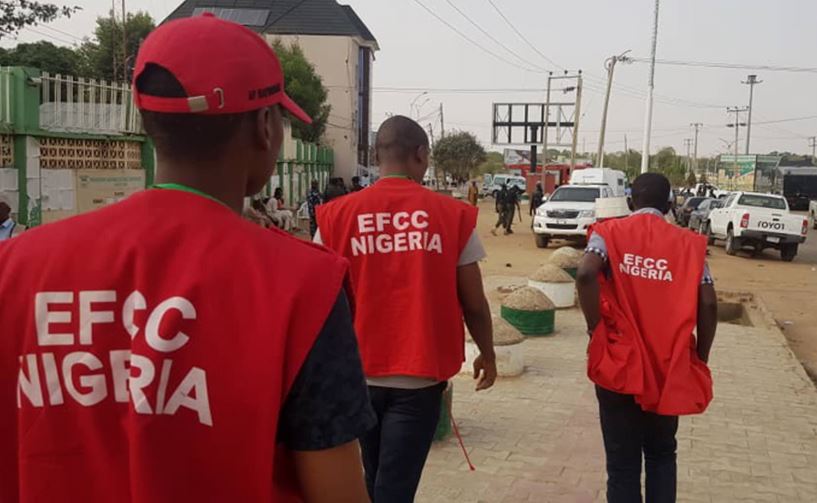The Economic and Financial Crimes Commission (EFCC) has recently called on Nigerian filmmakers to be more careful about where their movie funding comes from. This advice was shared during a forum hosted by the National Film and Video Censors Board (NFVCB) at the Lagos International Film and Cinema Convention.
Ayo Oyewole, representing the EFCC, emphasized that filmmakers need to do background checks on any funds they receive. He warned that without proper due diligence, the film industry could become a soft target for money laundering, where illegal funds are funneled through movie production. Oyewole explained that filmmakers could unknowingly become couriers for these illicit funds if they don’t investigate their sources properly.
The NFVCB supported this caution, noting that since stricter regulations have been applied to industries like real estate, the film industry might now be targeted for illegal funding. They also pointed out the need for filmmakers to better depict the consequences of crime in their movies, as many films fail to show punishments that match the severity of the crimes portrayed.
Despite this call for more responsibility, filmmakers are expressing concerns. The Cinema Exhibitors Association of Nigeria (CEAN) President, Opeyemi Ajayi, said that it’s tough for filmmakers to meet these demands, especially since the industry is privately driven and does not receive financial support from the government.
Veteran filmmaker Teco Benson echoed this sentiment, advising the EFCC to provide funding if they want certain kinds of films produced or commission documentaries themselves. He argued that while filmmakers focus on making sure they can repay investors, the EFCC should take on the task of tracking down the source of the funds.
As the Nigerian film industry continues to grow, the challenge remains how to balance its financial needs with the responsibility to prevent illegal money from flowing through its productions.







